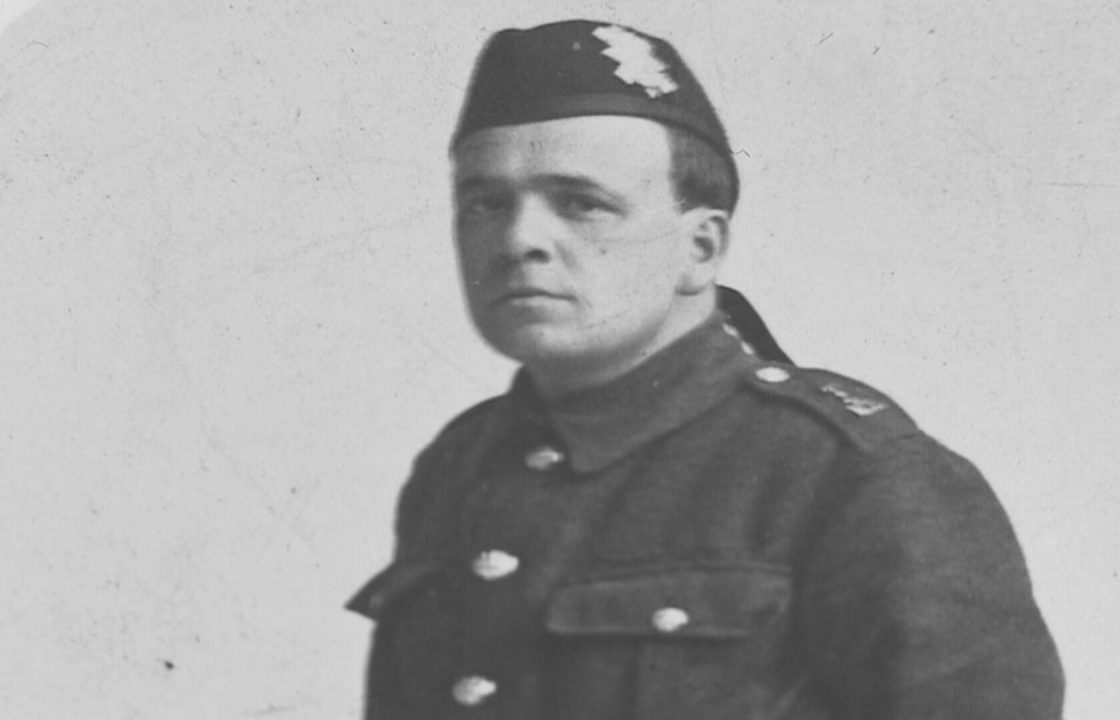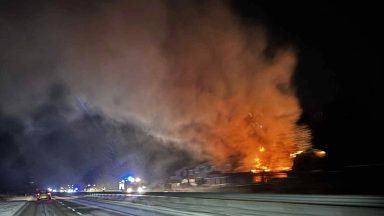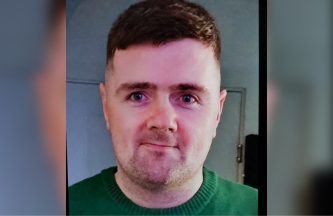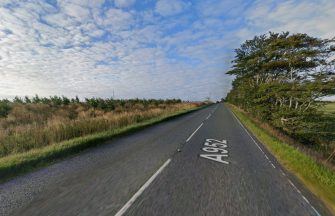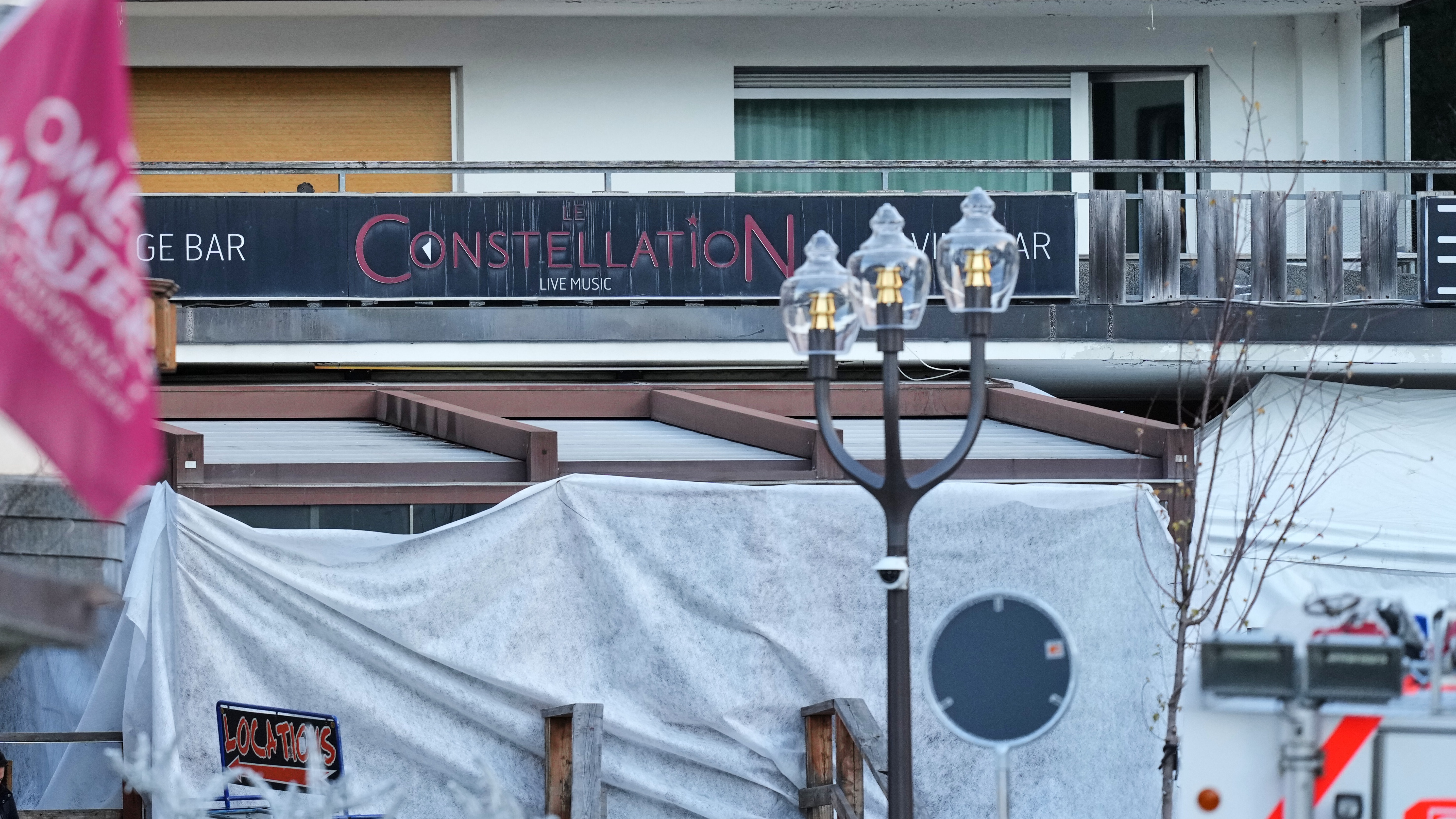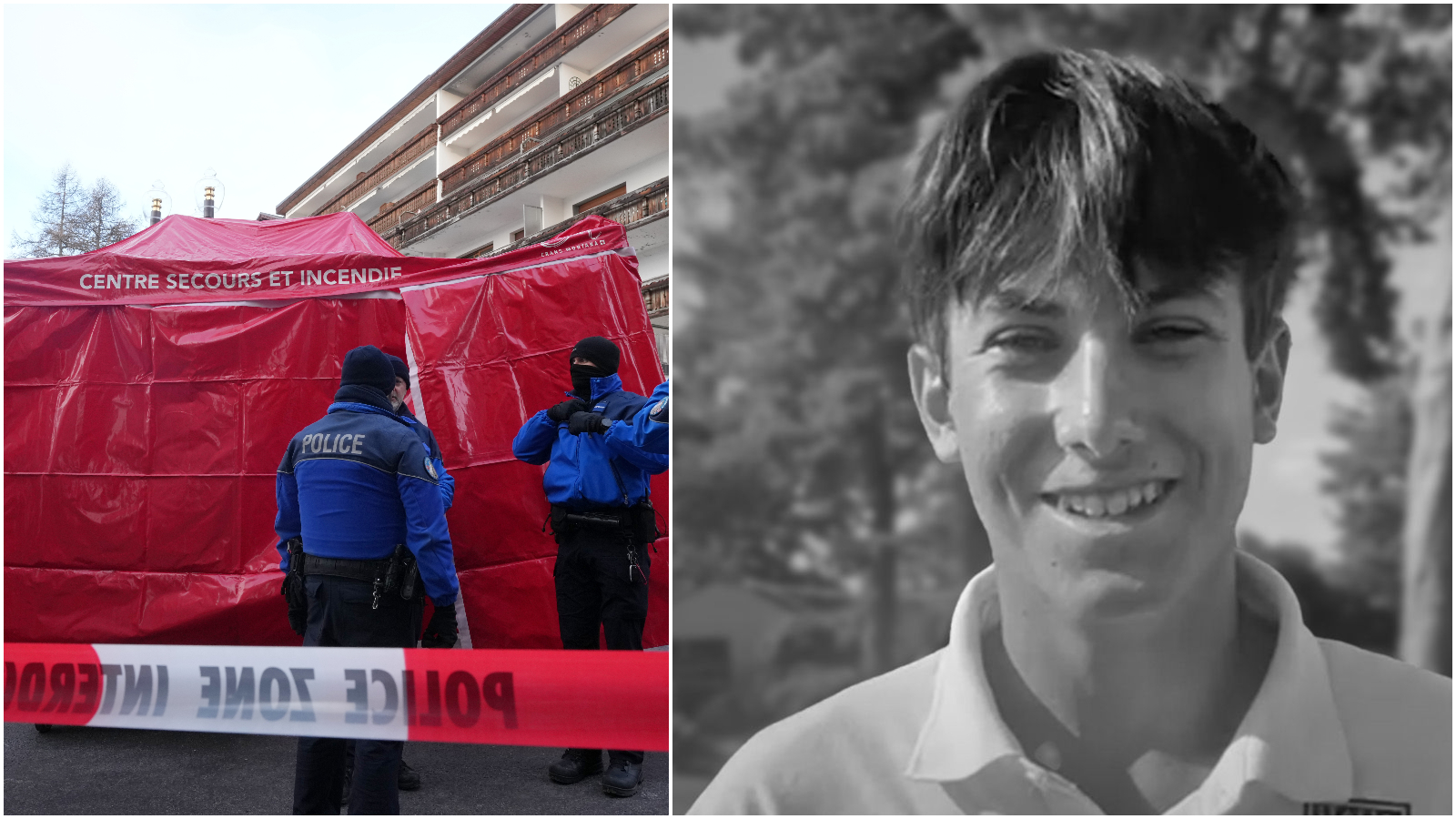He once ranked alongside the great war poets of Siegfried Sassoon and Wilfred Owen.
While they rose to fame, Joseph Lee fell into obscurity.
Now, more than 100 years since his poetry captured life on the frontline of some of the fiercest fighting, Dundee’s forgotten war poet will be remembered this weekend.
Lee was almost 40 years old when he signed up to serve in the 4th Battalion, The Black Watch – known as Dundee’s Own.
The poetry he wrote from the frontline in Neuve Chapelle, Loos and the Somme during the First World War gave people back home in Dundee a rare glimpse into some of the bloodiest battles.
One of his most famous and powerful poems reflects the horror of war.
Every bullet has its billet.
Many bullets more than one
God perhaps I killed a mother
When I killed a mother’s son.
Major Ronnie Proctor, chairman of the Angus branch of the Black Watch Association said: “He gave the people back home the real story of what life was like and I think we should remember as well, as a first world war poet, Joseph Lee ranked with the other greats of Wilfred Owen and Sassoon and others, but Joseph Lee never got the fame which I feel that he deserved.”
It’s a thought echoed by Lee’s only surviving relative, his great niece Nancy Hughes.
Mrs Hughes, who lives in Tayport, remembers seeing him at a family gathering when she was small. He died when she was five-years-old.
“I feel a sense of responsibility because I’m the last member of the family left, unfortunately,” she said.
“I can remember reading his poems when I was in my teens, I remember doing that.”
However, Nancy’s husband John had never heard of Joseph until he got married.
“It should be taught more to kids because Scottish poetry isn’t just about Burns and I think he’s (Joseph Lee) quite important in that respect,” added John.
Dundee University holds more than 250 of Lee’s poems and drawings, as well as unique archive material including diaries and letters. It’s helping a new generation learn about the once renowned poet.
Archivist Caroline Brown explains that a telegram sent to Lee’s family in December 1917 is something that many families would have received during the war.
Showing the document to STV News, she said: “This is a telegram to Joseph Lee’s family, telling them that he was missing and it says here that this does not necessarily mean that he is either wounded or killed, so they had no idea what was happening to him, and as it was he had been captured and he became a prisoner of war and spent the rest of the war in a prisoner of war camp.”
An indiscreet plaque in Dundee’s Airlie Place, where the poet once lived, is the only obvious sign of Joseph Lee.
But another plaque has now been arranged by those with links to The Black Watch.
It will be erected outside his former home in Epsom, Surrey, where he settled with his wife Dorothy after the war ended.
Jim Malone, from the Dundee branch of the Black Watch Association, who has researched Lee’s life, said, “Between the wars, Joe moved to Fleet Street and Joe was the sub-editor of a newspaper called The News Chronicle.
“During the Second World War, he served in the Home Guard and he was located in Fleet Street. He lived in Epsom and he wrote that it was the happiest days of his life and we think it’s right that we carry out that unveiling in commemoration of Joe’s life.”
More than 100 year since the end of the Great War, the life and work of Joseph Lee will be remembered.
Follow STV News on WhatsApp
Scan the QR code on your mobile device for all the latest news from around the country


